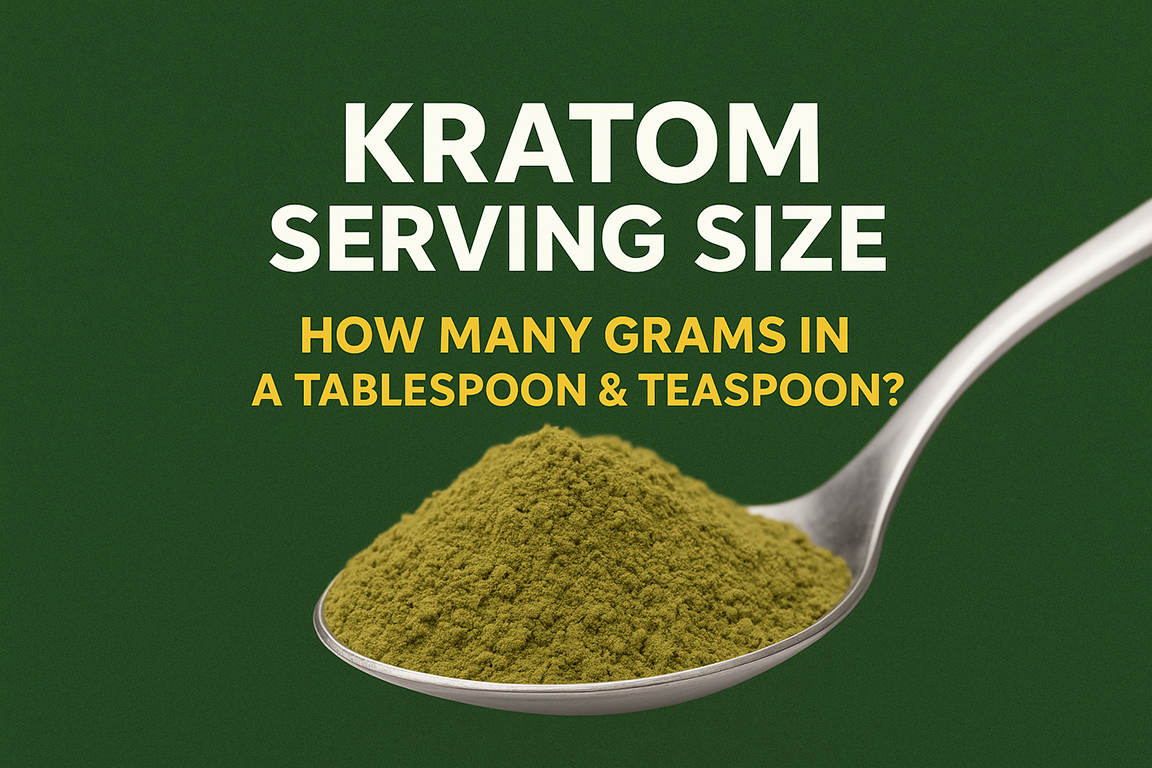News >> Exploring the Nootropic Potential of Kratom: A Brief Guide
Most Viewed

Exploring the Nootropic Potential of Kratom: A Brief Guide
Created by: Herman at Feb 21, 2024 665Kratom (Mitragyna speciosa), comes from a Southeast Asian tree. Extracts from the plant’s leaves provide possible therapeutic and recreational applications, from focus to euphoria.
Join us as we share our knowledge about kratom and nootropics. Discover the potential mental benefits of this popular herbal extract. Let’s get started!
What is a nootropic?
Nootropics are diverse groups of compounds that improve cognitive functions like processing information, memory, and focus. They’re also known as “smart drugs,” with applications ranging from prescription medications to over-the-counter products.
There’s a vast range of substances with nootropic properties, including:
- ADHD medication
- Creatine
- Narcolepsy medication
- Nicotine
- Caffeine
- Dietary supplements
- Various fitness products
Nootropics work by increasing blood circulation and improving the supply of oxygen and glucose to the brain. They also interact with the metabolism of cells within the central nervous system (CNS).
Aside from medicinal applications, the popularity of nootropics for use among healthy people is growing. Many seek new ways to stimulate their mind, from students to athletes in training.
Does kratom have any nootropic properties?
Various over-the-counter products are available for enhancing cognitive function, but most contain forms of semi-synthetic ingredients. The demand for all-natural supplements is rising, and consumers claim taking kratom as a nootropic has multiple benefits.
The plant has a history of usage among laborers in Southeast Asia during the 1800s. Farmers could work longer days without fatigue from chewing kratom leaves.
This herb’s popularity grows as people discover its effects and possible applications. Enthusiasts claim low doses of kratom offer a natural alternative to other nootropics. The supplement reportedly has multiple similar attributes, such as:
- Stimulation: Consumers claim taking small quantities of kratom provides mental and physical energy.
- Focus: Enthusiasts speak about the positive effects of the herb for concentration and cognitive processing. Many students use kratom for studying and focus and claim it helps with attention and the stress of exams.
- Memory: Some consumers report the supplement enhances their ability to retain information.
- Motivation: The effects of kratom in low doses may improve your desire to be productive.
- Mood: Many enjoy the supplement’s uplifting sensation and say it provides feelings of euphoria and happiness.
- Libido: A common claim among consumers is that the herb enhances their sexual drive and performance.
Further research is required to define kratom as a nootropic, but the supplement exhibits many similar properties. Mitragyna speciosa and caffeine are part of the same plant-based family, and there are multiple crossover effects.
Many consider coffee a nootropic, although it technically isn’t on the level of medicines like modafinil or methylphenidate. Kratom may have a similar loose status, and the subject causes debate among fans of the herb.
Some say that kratom is a nootropic due to its effects, but this only applies to low-dose consumption. Taking larger quantities of the herb delivers opiate-like feelings such as relaxation and sedation.
The effects of consuming high doses of kratom oppose the purpose of nootropics. It’s difficult to categorize the herb as a “smart drug” due to its polarizing properties.
Defining something as a true nootropic is complex as the term’s application is often loose. Even caffeine causes debate as it doesn’t technically meet all the scientific criteria of a “smart drug.”
It’s more likely that kratom isn’t a nootropic in technical terms. Consumers frequently use the supplement as an alternative to other mental stimulants, but the role of dosage is significantly different.




